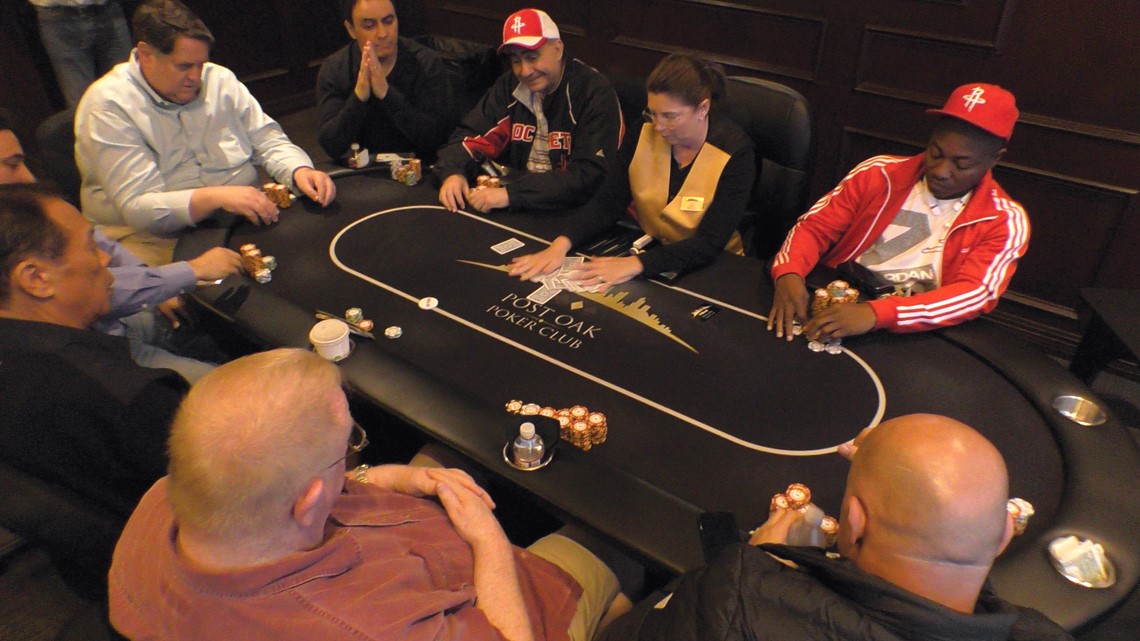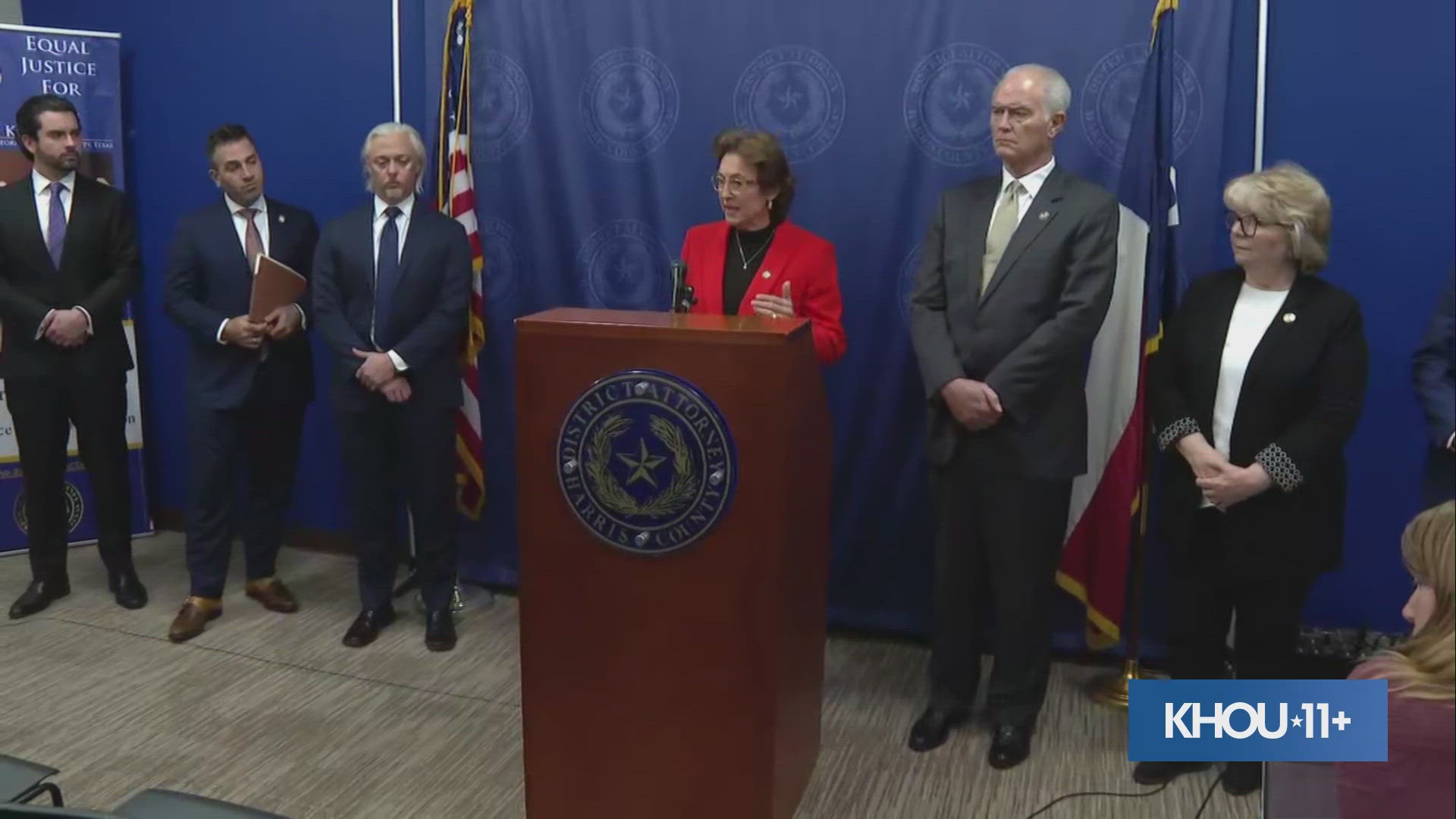When it comes to private, membership-based poker clubs opening in Houston, city councilman Greg Travis isn’t sold on their legality.
In an interview on SportsTalk790 this weekend, Travis, whose council district includes Post Oak Poker Club, said he wasn’t against poker or gambling, but insisted that the business model in which dozens of poker clubs are operating across Texas is illegal.
“I am not one of these people that is opposed to (poker) by any measure, but I do have a problem when it’s illegal,” Travis told the hosts of Poker Lab Radio. “And right now, it is illegal under Texas law.”
Poker is legal in Texas, so long as:
- A game is held in a private place
- No one makes money off the game aside from personal winnings
- All players have the same chances of winning and losing


Read more: Legal poker in Texas? Don't bet big just yet
The owners of these various poker clubs, including Post Oak Poker Club, say there’s a gray area in the law that allow them to operate legally. Those owners argue their business model is legal because:
- The clubs are private because they’re open to members only
- They don’t take a rake out of each hand—pulling money that goes back to the clubs (economic benefit)
- Those members are playing against each other rather than the house, so everyone stands the same chances at winning and losing
Travis sees the law more black and white.
He noted during the interview that though the clubs don’t take a rake, most charge a membership and seat-rental fee, which, he said, provides an economic benefit and thus makes them illegal under the law.
Ken Webster, one of the show’s hosts, asked Travis how he would vote today if the issue of the poker club’s legality came before city council.
“So if a vote came before Houston … I would have to vote no because I’m not going to go against state law,” Travis said.
As Travis noted in the beginning of the interview, he’s open to poker and gambling in Texas, as long as it’s legal under the law.
“If they want to make it legal, they need to do that through their state representatives,” he said.


